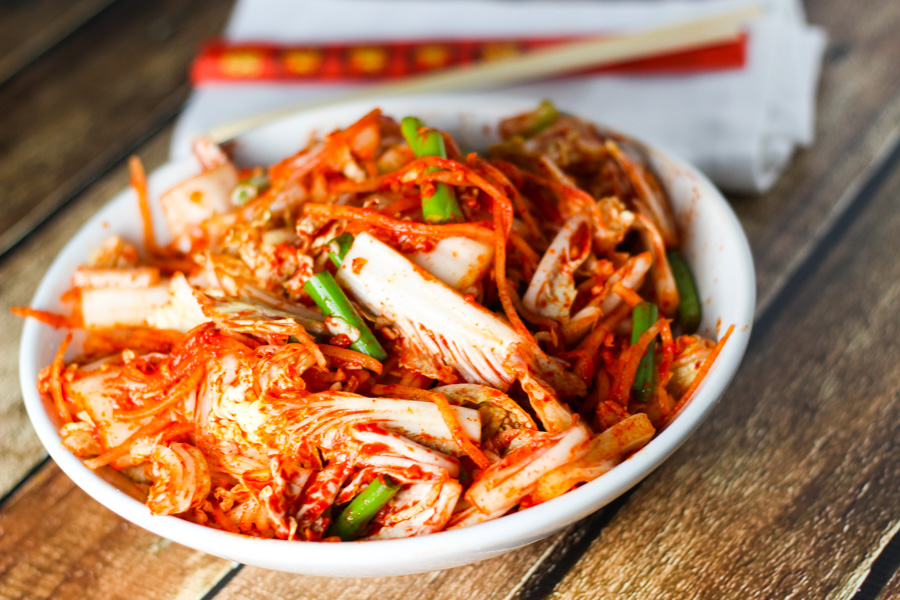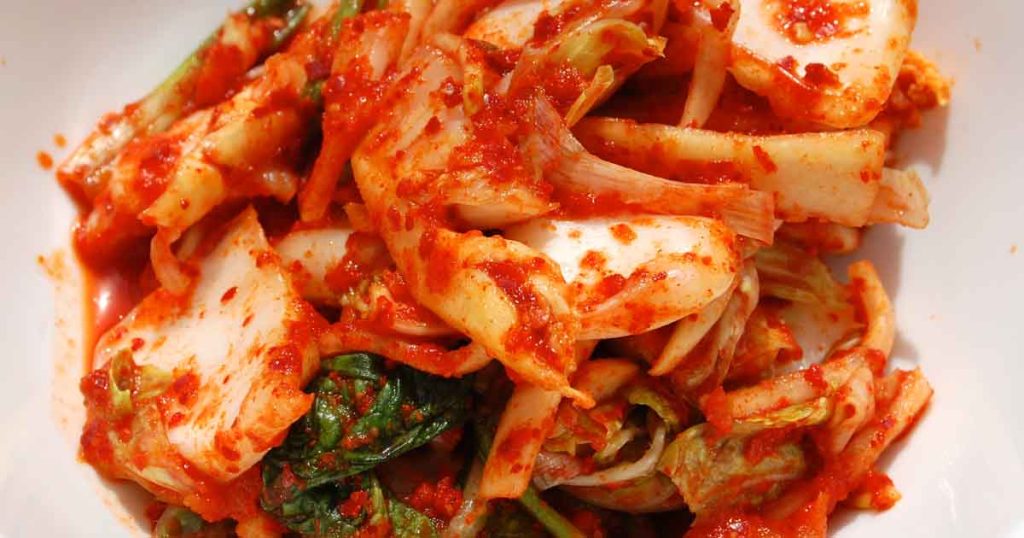Korean
UNESCO Gives Korean Kimchi Intangible Cultural Heritage Status
North Korea – or more formally, The Democratic People’s Republic of Korea and its Southern half have received a rather interesting honour. Kimchi, a spicy fermented cabbage dish, eaten in both the countries is receiving an Intangible Cultural Heritage Status by the cultural wing of the United Nations.
Cultural Honour
UNESCO in its official nomination says, “The tradition of Kimchi-making is an essential part in the life of Koreans, which finds its manifestation in every locals and season, and its community includes all Koreans.
“The tradition contributes to social unity and others, since it is practiced in the whole society involving neighborhoods, relatives, villages, organizations and localities as forms of communities. Koreans share experience among themselves to make delicious Kimchi according to season, while helping each other with raw materials and in preparation.”
North v/s South
Kimchi on both sides of the Korean border differ in their spice content. Due to the lack of availability of a spicier chili in North Korea, their kimchi is a tad milder than that of South Korea.
In a nutshell, the North Korean kimchi is less red and less spicy than its southern counterpart – the result of fewer, or no, chilies, which are more usually grown in the South.
Respectable Kimchi
The honour being given to kimchi is received by practices and products the UNESCO feels are “both especially important to world heritage and cultural diversity, and deserving of lasting protection.”
This is not the first time Korean kimchi has gathered the limelight. In 2008, the dish became increasingly popular when south Korean astronaut Ko San took it with him to space.






















